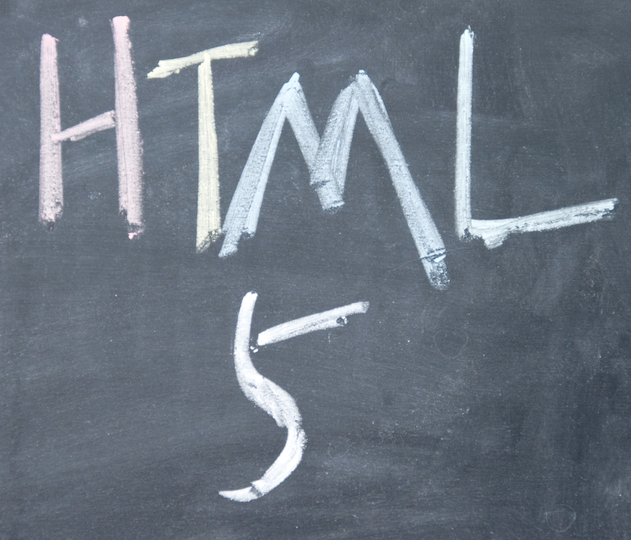
"Web apps are now first-class citizens on Kindle Fire and Android," the company said on its app developer website. As citizens, they will not be singled out as being HTML5-bred, but will be included with all other apps, and Amazon specifically notes that HTML5 apps can provide "native-like experiences" on its Fire tablet.
APIs, App Tester to Support HTML5 Apps
Amazon also made available its In-App Purchasing API for JavaScript and a new, purpose-built web runtime environment for the Kindle Fire tablet. The API allows the one-click sale of products, subscriptions and upgrades within the app, including the use of Amazon's virtual currency, Coins.
The runtime, built specifically by Amazon for the Fire, is based on the open-source Chromium project. For non-Fire devices, the apps will use the available runtime. Additionally, developers are provided with a Web App Tester for running and debugging apps in a simulated Android environment. Amazon also allows developers to submit their apps and related metadata, such as product shots and descriptions, and the retailer will package it for the store.
Apple still requires that developers submitting HTML5 apps first bundle them in an iOS wrapper, just as Google requires a similar Android bundling for inclusion in its Google Play marketplace.
Ripples in Many Directions
Several HTML5 apps were already in the Amazon store when the announcement was made, including Spil Games’ Dream Pet Link, IGN Entertainment’s IGN Video Game Reviews, News & Previews, and TreSensa’s Happy Tree Friends: Run & Bun.
Amazon's move could ripple in many directions. HTML5 apps are beginning to catch on, as developers realize that their web skills can be utilized for mobile development and that the standards-based technologies enable the app to be run on various platforms without modification.
New mobile platforms, such as the promising Firefox OS, specifically emphasize their embrace of HTML5 apps and access to on-device functions, and Amazon's Appstore is appearing more frequently as a preload on handsets. Doubts still linger among developers about whether HTML5 apps can perform as well as native ones and if they will have access to device-specific functions, but Amazon's endorsement, especially for the Kindle, carries a lot of weight.
